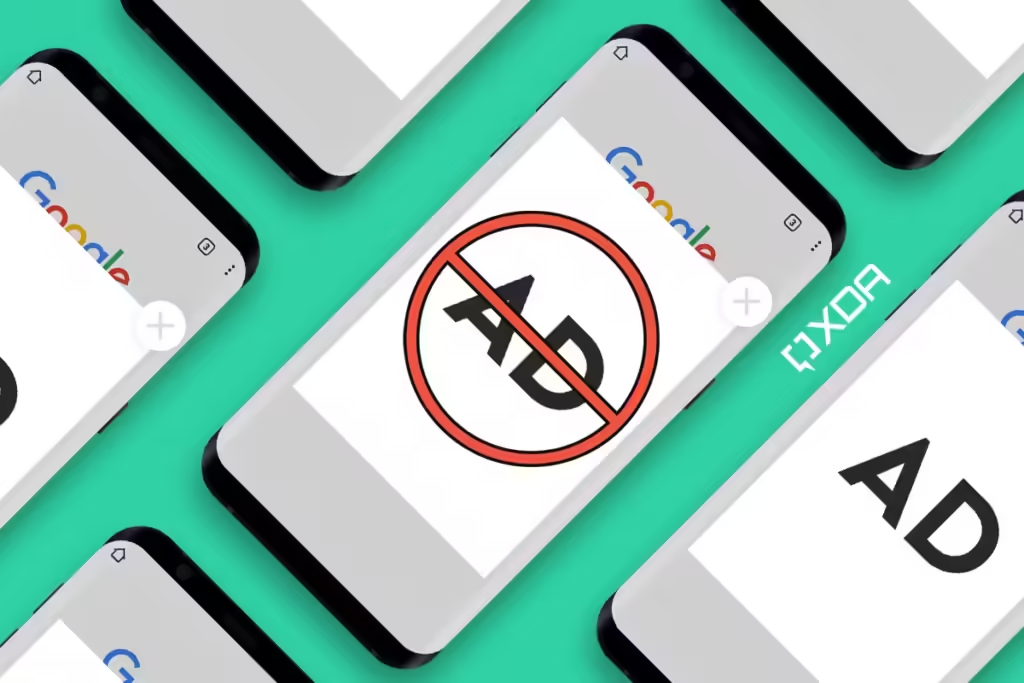Introduction
Blockchain technology, once known primarily as the foundation for cryptocurrencies like Bitcoin, has evolved into a versatile and transformative tool with applications far beyond digital currencies. Its decentralized, transparent, and secure nature has the potential to revolutionize various industries, from finance to healthcare to supply chain management. This article explores The Future of Blockchains and Their Uses, providing a comprehensive overview of its potential impact on our world.
Understanding Blockchain Technology
Before delving into its future uses, it’s essential to understand what blockchain technology is and how it works.
What is Blockchain?
A blockchain is a distributed ledger technology that allows data to be stored across a network of computers in a way that makes it difficult to alter or hack. Each block in the chain contains a list of transactions, and these blocks are linked together through cryptographic hashes, ensuring the integrity and security of the data.
Key Features of Blockchain
- Decentralization:
- Unlike traditional databases controlled by a central authority, blockchains are decentralized and maintained by a network of nodes.
- Transparency:
- Transactions on a blockchain are visible to all participants, promoting transparency and trust.
- Immutability:
- Once data is recorded on a blockchain, it cannot be altered, ensuring the integrity and reliability of the information.
- Security:
- Blockchain uses cryptographic techniques to secure data, making it highly resistant to hacking and fraud.
The Future of Blockchain Technology
As blockchain technology continues to mature, its potential applications are expanding across various sectors. Here’s a look at some of the most promising future uses of blockchain.
1. Financial Services
The financial industry was one of the first to recognize the potential of blockchain technology, and its impact on this sector is expected to grow.
a. Cross-Border Payments
Blockchain can facilitate faster and cheaper cross-border payments by eliminating intermediaries and reducing transaction costs. Projects like Ripple and Stellar are already making strides in this area.
b. Decentralized Finance (DeFi)
DeFi is a rapidly growing sector that uses blockchain to create decentralized financial products and services, such as lending, borrowing, and trading, without the need for traditional banks.
c. Tokenization of Assets
Blockchain allows for the tokenization of real-world assets, such as real estate, art, and stocks, making it easier to trade and manage these assets digitally.
2. Supply Chain Management
Blockchain’s transparency and immutability make it an ideal solution for supply chain management.
a. Traceability
Blockchain can provide end-to-end traceability of products, ensuring that consumers and businesses can verify the origin and journey of goods, which is particularly important for industries like food and pharmaceuticals.
b. Reducing Fraud
By providing a transparent and tamper-proof record of transactions, blockchain can help reduce fraud and counterfeiting in the supply chain.
c. Improved Efficiency
Smart contracts on blockchain can automate and streamline various supply chain processes, reducing paperwork and administrative costs.
3. Healthcare
Blockchain has the potential to address many of the challenges faced by the healthcare industry.
a. Secure Patient Records
Blockchain can provide a secure and interoperable system for storing and sharing patient records, ensuring that medical data is accessible to authorized parties while maintaining patient privacy.
b. Drug Traceability
Blockchain can be used to track the production and distribution of pharmaceuticals, helping to prevent counterfeit drugs and ensuring the integrity of the supply chain.
c. Clinical Trials
Blockchain can improve the transparency and integrity of clinical trials by providing a tamper-proof record of data and ensuring that results are accessible and verifiable.
4. Government and Public Services
Governments around the world are exploring the use of blockchain to improve transparency, efficiency, and security in public services.
a. Voting Systems
Blockchain can provide a secure and transparent voting system, reducing the risk of fraud and ensuring the integrity of elections.
b. Land Registry
Blockchain can be used to create a transparent and tamper-proof land registry, reducing disputes and fraud related to property ownership.
c. Identity Management
Blockchain can provide a secure and decentralized system for managing digital identities, reducing the risk of identity theft and improving access to public services.
5. Energy Sector
Blockchain technology can support the transition to a more sustainable and efficient energy system.
a. Decentralized Energy Trading
Blockchain can enable peer-to-peer energy trading, allowing individuals and businesses to buy and sell energy directly from each other, promoting the use of renewable energy sources.
b. Grid Management
Blockchain can be used to create a more efficient and transparent system for managing the electrical grid, improving reliability and reducing costs.
c. Carbon Credits
Blockchain can provide a transparent and verifiable system for tracking and trading carbon credits, supporting efforts to reduce greenhouse gas emissions.
6. Intellectual Property and Digital Rights
Blockchain can address many of the challenges related to intellectual property and digital rights management.
a. Copyright Protection
Blockchain can provide a secure and transparent system for recording and managing copyrights, ensuring that creators receive proper credit and compensation for their work.
b. Digital Rights Management
Blockchain can be used to create a decentralized system for managing digital rights, allowing content creators to control the distribution and use of their work.
c. Anti-Piracy
Blockchain can help reduce digital piracy by providing a tamper-proof record of ownership and usage rights, making it easier to enforce intellectual property laws.
Challenges and Considerations
While the potential of blockchain technology is vast, there are several challenges and considerations that need to be addressed.
1. Scalability
One of the biggest challenges facing blockchain technology is scalability. As the number of transactions increases, the size of the blockchain grows, leading to slower transaction times and higher costs. Solutions like sharding and layer-2 protocols are being developed to address this issue.
2. Regulation
The regulatory environment for blockchain and cryptocurrencies is still evolving. Governments around the world are working to develop regulations that protect consumers and promote innovation while addressing concerns related to security and compliance.
3. Interoperability
For blockchain to achieve its full potential, different blockchain networks need to be able to communicate and work together seamlessly. Efforts are underway to develop standards and protocols to improve interoperability between different blockchain systems.
4. Adoption
Widespread adoption of blockchain technology requires a cultural shift and the development of user-friendly applications. Education and awareness are critical to overcoming resistance and promoting the benefits of blockchain.
Conclusion
The future of blockchain technology is bright, with the potential to transform a wide range of industries and create new opportunities for innovation and efficiency. From financial services to supply chain management to healthcare, blockchain’s ability to provide secure, transparent, and decentralized solutions makes it a powerful tool for addressing some of the world’s most pressing challenges. As the technology continues to evolve, it will be exciting to see how blockchain shapes the future and unlocks new possibilities for individuals and businesses alike.
Key Takeaways
- Financial Services: Blockchain can revolutionize cross-border payments, DeFi, and asset tokenization.
- Supply Chain Management: Blockchain enhances traceability, reduces fraud, and improves efficiency.
- Healthcare: Blockchain secures patient records, ensures drug traceability, and enhances clinical trials.
- Government and Public Services: Blockchain can improve voting systems, land registry, and identity management.
- Energy Sector: Blockchain supports decentralized energy trading, grid management, and carbon credit tracking.
- Intellectual Property: Blockchain provides secure copyright protection, digital rights management, and anti-piracy solutions.
- Challenges: Scalability, regulation, interoperability, and adoption are key challenges to address.
By understanding the potential and challenges of blockchain technology, we can better prepare for its future impact and leverage its capabilities to create a more transparent, secure, and efficient world.
















